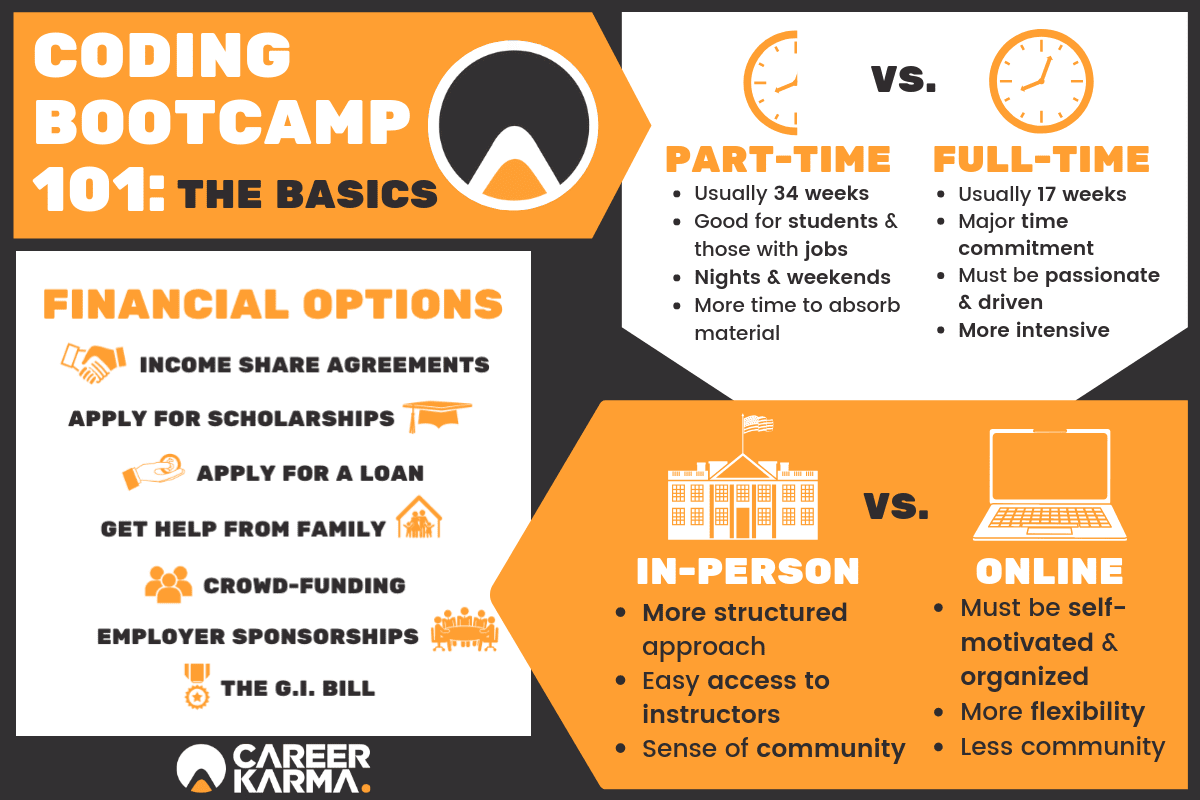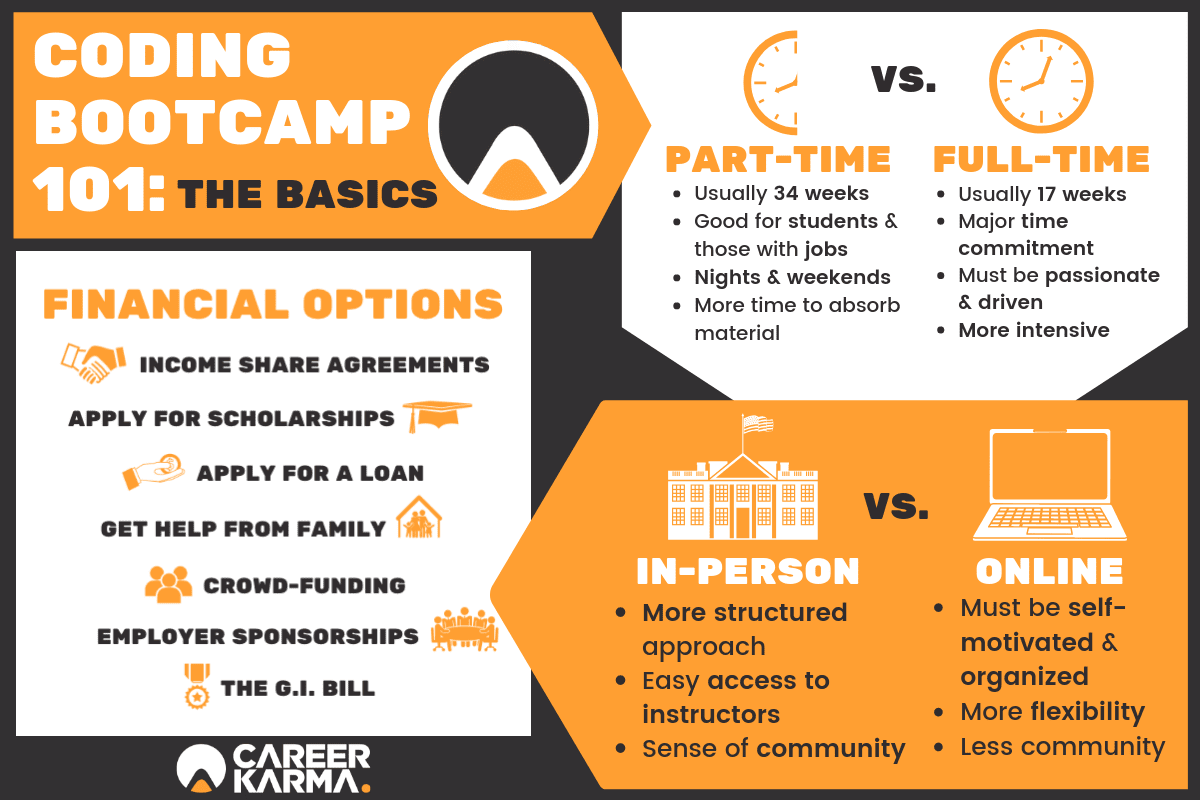Self-Employment and Business Expenses: Are Coding Bootcamps Tax Deductible

Pursuing a coding bootcamp with the intention of starting or improving a business significantly impacts how you can deduct the associated costs on your taxes. Understanding the difference between personal and business expenses is crucial for maximizing your tax benefits. The IRS carefully scrutinizes these deductions, so accurate record-keeping is paramount.
Categorizing Bootcamp Costs: Business vs. Personal Expenses
Bootcamp costs are considered business expenses if they directly relate to generating income from self-employment. Conversely, if the bootcamp is primarily for personal enrichment or career advancement unrelated to a specific business, the costs are generally considered personal expenses and not deductible. The key lies in demonstrating a direct connection between the bootcamp and your business activities.
Deductibility of Bootcamp Costs as Business Expenses
To claim the bootcamp costs as a fully deductible business expense, you must prove that the skills learned are essential and directly used in your self-employed business. This requires detailed documentation, including invoices, receipts, and a clear explanation of how the bootcamp’s curriculum benefits your business operations. For example, if you’re starting a web development business and attend a bootcamp focused on front-end and back-end development, the costs are likely fully deductible. The skills acquired are directly applicable to your business’s core function.
Partial Deductibility of Bootcamp Costs
In some instances, only a portion of the bootcamp costs might be deductible. This often occurs when the bootcamp covers a mix of skills, some directly relevant to your business and others applicable to broader career development. For example, a bootcamp covering both web development and project management skills might have only a portion of the costs attributed to the web development aspect being deductible if you only utilize web development skills in your self-employment. Accurate allocation of costs is crucial in these scenarios. You need to carefully document which portion of the bootcamp directly relates to your business activities.
Hypothetical Scenario: Personal vs. Business Deductions
Let’s consider two individuals: Alice and Bob. Both attend the same coding bootcamp. Alice, a freelance web developer, attends the bootcamp to learn new programming languages directly relevant to securing and completing client projects. She meticulously tracks her expenses and demonstrates a clear link between the bootcamp and her income-generating activities. She can likely deduct the full cost of the bootcamp. Bob, a marketing manager with a stable job, attends the same bootcamp to enhance his skills and explore potential career changes. His expenses are likely considered personal expenses and not deductible, as there is no direct link between the bootcamp and his current income-generating activities. The crucial difference lies in the direct application of the skills learned to a self-employment business.
Impact of Employment Status

The deductibility of coding bootcamp expenses hinges significantly on your employment status. Self-employed individuals and employees have different tax rules governing these educational costs, impacting how and when you can claim deductions. Understanding these differences is crucial for maximizing your tax benefits.
The key distinction lies in the purpose of the education. For self-employed individuals, the expense must be directly related to maintaining or improving skills necessary for their current business. For employees, the deduction is much more limited and often requires the education to be mandated by their employer or directly related to keeping their current job.
Deductibility for Self-Employed Individuals
Self-employed individuals can deduct educational expenses as business expenses if they meet specific criteria. These expenses must be ordinary and necessary for the operation of their business. This typically means the course content directly relates to their existing work or helps them develop skills essential for their current self-employment activities. For example, a freelance web developer attending a bootcamp focused on advanced JavaScript frameworks could likely deduct the expenses. However, a bootcamp focusing on a completely unrelated field (e.g., data science for a freelance writer) would likely not be deductible. These expenses are reported on Schedule C (Profit or Loss from Business) of Form 1040.
Deductibility for Employees
For employees, the rules are stricter. Generally, educational expenses are not deductible unless the courses are required by the employer for the employee to maintain their current position, or are directly related to maintaining or improving job skills in their current position. Even then, the deduction may be limited. For instance, an employee whose employer mandates a specific coding bootcamp to update their skills in a relevant programming language might be able to deduct some expenses, but only those directly related to the mandatory requirement. They would not be able to deduct expenses for optional or unrelated courses. There’s no specific form for this deduction; it might be claimed as a miscellaneous itemized deduction (subject to the 2% AGI limitation), though this is often less beneficial than other deductions.
Tax Forms and Schedules
| Employment Status | Relevant Tax Form | Relevant Schedule | Deduction Type |
|---|---|---|---|
| Self-Employed | Form 1040 | Schedule C | Business Expense Deduction |
| Employee | Form 1040 | (Potentially Schedule A – Itemized Deductions) | (Potentially Miscellaneous Itemized Deduction – Subject to limitations) |
Examples Illustrating Differences, Are coding bootcamps tax deductible
Consider two individuals: Sarah, a self-employed web developer, and John, an employed software engineer. Sarah attends a bootcamp focusing on React.js, a skill directly applicable to her current freelance work. She can deduct the bootcamp expenses on Schedule C as a business expense. John, however, attends a bootcamp in a completely different area (e.g., machine learning) without any mandate from his employer. He cannot deduct these expenses. If John’s employer required him to attend a bootcamp for a new programming language needed for his current role, he might have a limited deduction, but only for the required portion.


Tim Redaksi